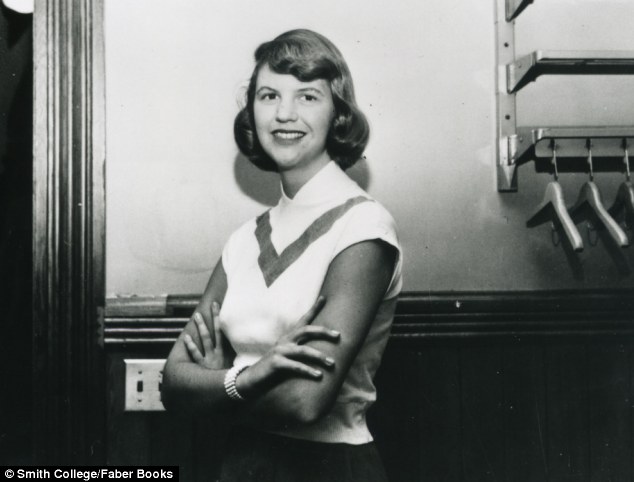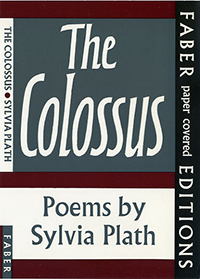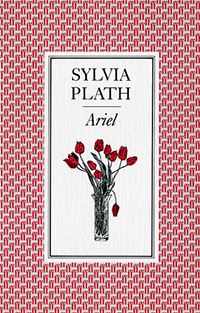



Sylvia Plath (1932–1963) was an American poet and novelist who is considered to be one of the most influential of the 20th century. She is credited with advancing the genre of confessional poetry: a style of poetry that focuses on extreme moments of individual experience, the psyche, and personal trauma. Emerging in the 1950s, the style dealt with taboo subject matter such as mental illness, sexuality, and suicide.
Plath was born in Boston in October of 1932 to a middle class family. In 1950, she attended Smith College and excelled. She spent a summer in New York City, but did not enjoy the experience and spiraled into depression. She received electroconvulsive therapy for depression soon after, and made her first documented suicide attempt in 1953. This period was the inspiration for her novel, The Bell Jar. After her suicide attempt she spend six months in psychiatric care, and finished college with highest honors.
During her time at Cambridge University she met her husband Ted Hughes, a fellow poet, and they married in 1956. Starting in 1957 they moved around Boston and England a bit. It is in this period that Plath wrote most of the poems that she is now famous for. During the winter of 1962–3 her depression came back. During this time she tried to take her life several times, and although she was able to continue to write during her depression, it left her unable to cope with daily life. Finally on the morning of February 11th, 1963 she committed suicide.



